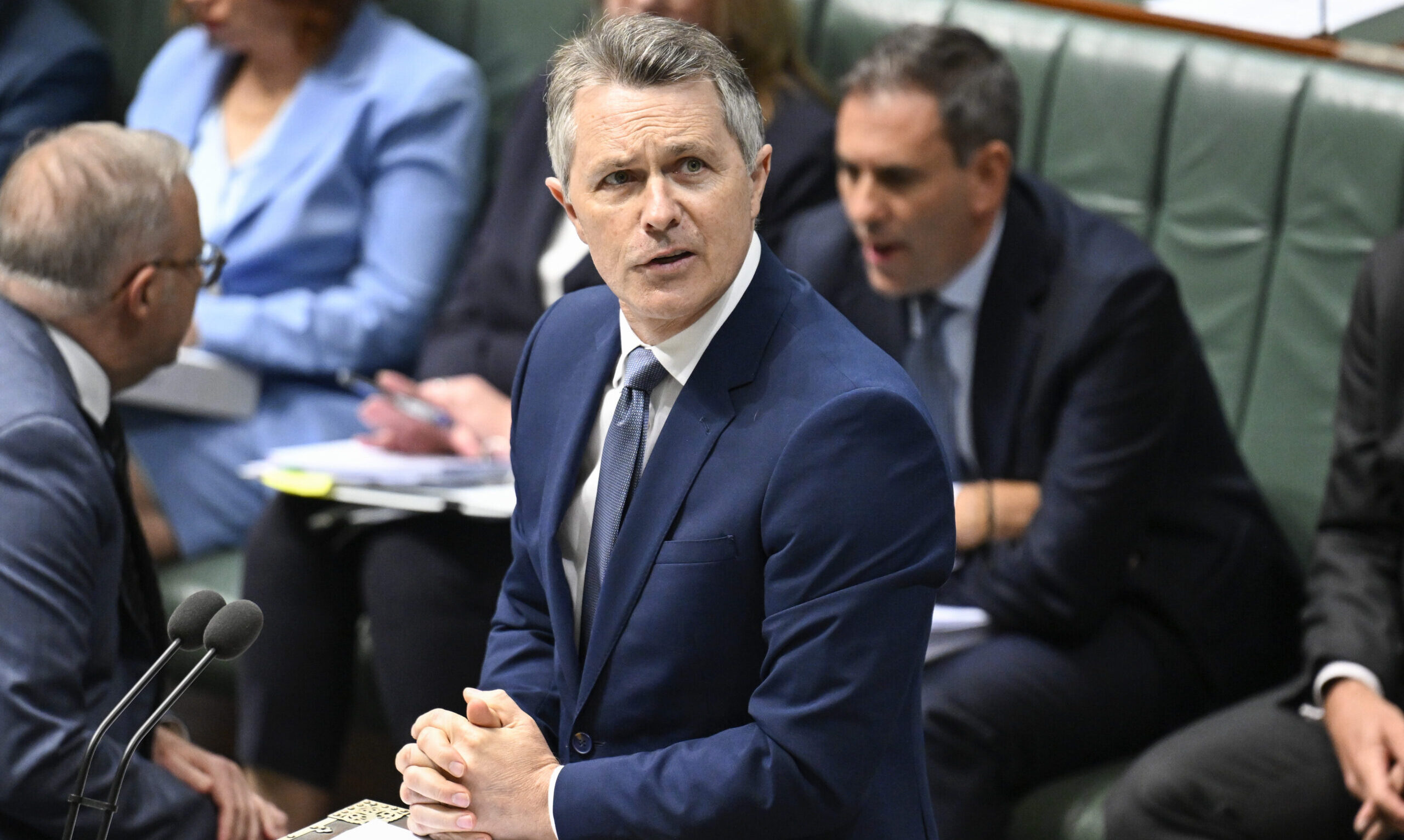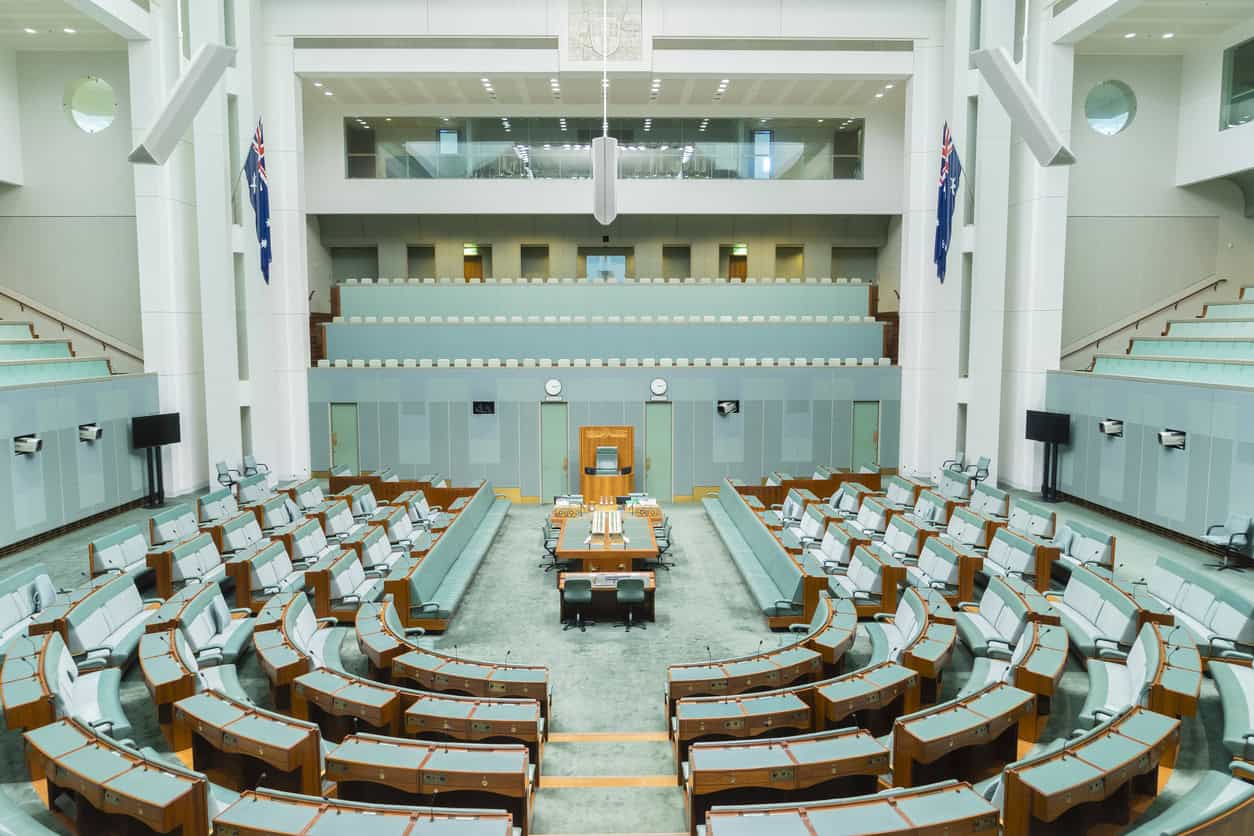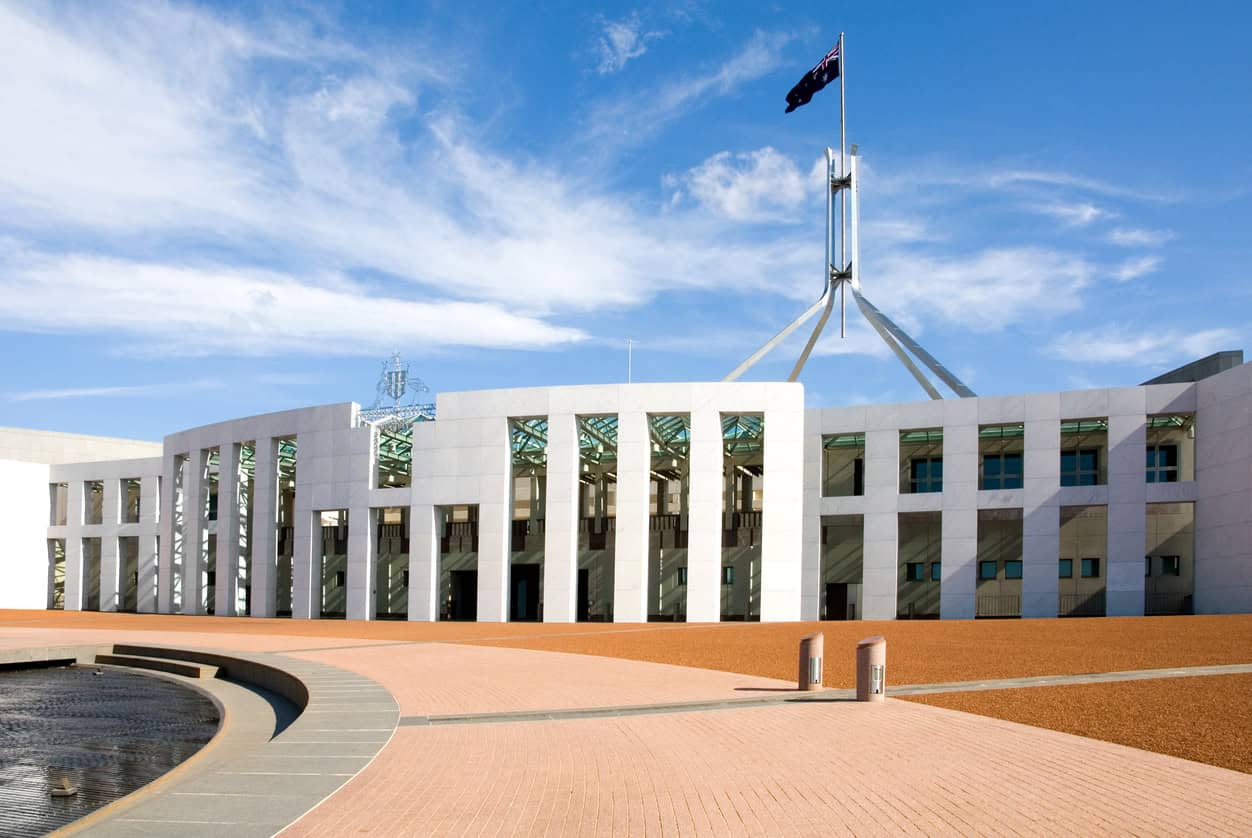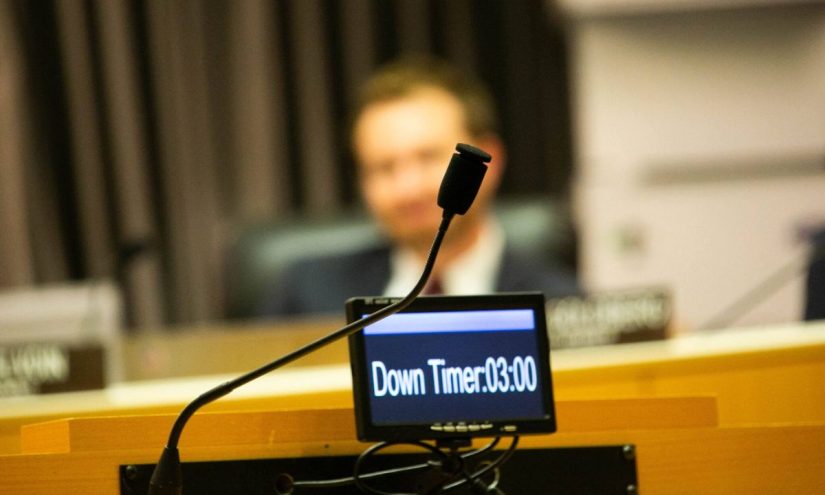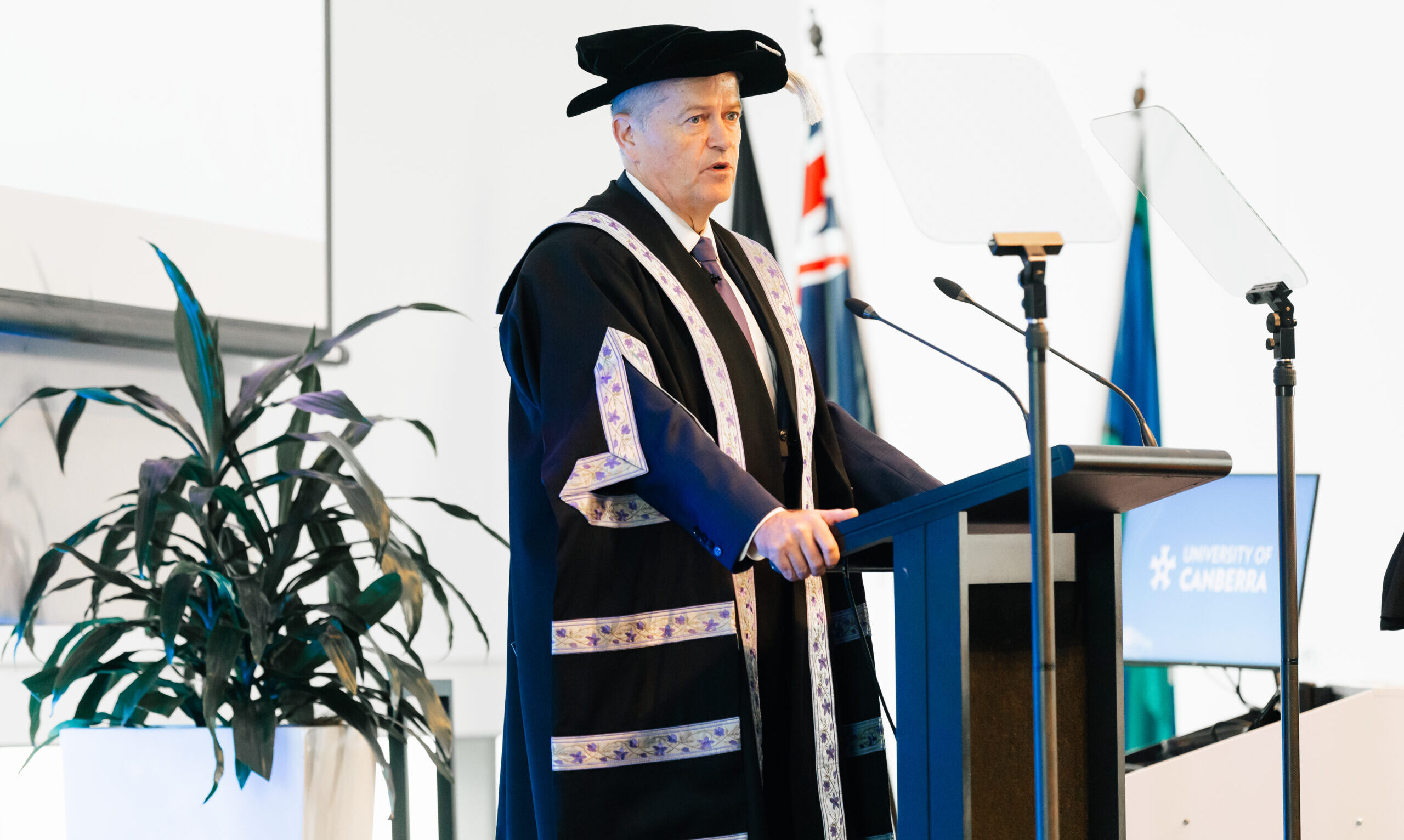Get stories like this delivered straight to your inbox. Sign up for The 74 Newsletter
There’s more to being a diligent school board member than attending a couple of meetings a month.
Those meetings require preparation, research and one-on-one conversations with school leadership. There are school site visits. Many districts require regular board training. Sometimes there are spinoff committee meetings about parcel taxes or school nutrition. There’s also an expectation that board members attend events like football games, PTA meetings and retirement ceremonies. Meetings with parents and other constituents are a core part of the role, too.
For all of this, Woodland Joint Unified School District board president Deborah Bautista Zavala says she earns a stipend of $240 a month, minus taxes — the maximum allowed by the state for her district with just under 10,000 students.
“You don’t do it for money, but to improve the education of students,” said Bautista Zavala.
But the lack of money, she said, is a real problem for attracting and retaining qualified school board members who truly represent the community.
That could change if Gov. Gavin Newsom signs Assembly Bill 1390, which would raise the maximum monthly stipend for school board members in both school districts and county offices of education.
This would be the first time in over 40 years that school board members’ compensation has been reconsidered — and the measure comes at a time when school boards are grappling with financial deficits, consolidation, uncertainty about federal funding and potential school closures.
Proponents of the bill have argued that while school board members dedicate large amounts of time to their position, they are not compensated adequately. Currently, school board members can earn no more than $60 each month in small districts or up to $1,500 for the state’s largest districts.
There is also a clause in the current law that allows board member stipends to be raised by 5% each year beyond the maximum, but 7 out of 10 boards still have stipends at or below the maximum, according to Troy Flint, chief information officer for the California School Boards Association.
Raising school board compensation has been a longstanding issue for the California School Boards Association, which sponsored the bill, but it has become more pressing in the years since the pandemic, Flint said.
“The job is vastly more complex than it used to be,” said Flint. “It requires a strong knowledge of finance, an aptitude for community engagement, a working knowledge of educational theory and an ability to deal with culture wars and political issues.”
The role is at an inflection point: More than 6 out of 10 school board members did not run for reelection over the past three cycles, Flint said.
Legislative analysis referenced an EdSource article, which found that 56% of 1,510 school board races across 49 California counties did not appear on a local ballot in 2024, either because there was one unopposed candidate who became a guaranteed winner or because there were no candidates at all.
The bill’s author, Assemblymember José Luis Solache Jr., D-Lynwood, argues that increasing board members’ compensation could lead to bigger, more diverse candidate pools. School boards often attract retirees or other professionals with stable income and spare time. Low stipends put the job out of reach for those from working families or younger people who are already struggling to make ends meet, Solache said.
Solache would know: He began serving on the board for the Lynwood Unified School District starting in 2003, when he was 23 years old. He has since worked with other young elected officials to find ways to recruit young people into office. Solache sees this bill as a way to improve recruitment for an important community role.
“It’s an underpaid job. We compensate the president, senators, Assembly members, state senators,” Solache said. “Why can’t you compensate the school board members that have jurisdiction over your child’s education?”
Raising the stipends of elected officials can raise eyebrows in Sacramento, Solache said. The bill set the maximums by setting an amount between inflation since 1984, when rates were set, and what the maximum would have been if the boards had raised the rates 5% annually as allowed by law.
Maximums for board members in the smallest districts saw the greatest increase. Currently, the maximum for a board member at a school district with fewer than 150 students is $60 a month. Under this bill, that same board member could earn up to $600 monthly, which Solache said is more equitable.
But board members won’t necessarily see raises, even if Newsom signs it into law. The bill merely raises the ceiling for compensation. The decision to actually offer raises to school board members will happen at the local level, and that could be a tough sell given the budget constraints school districts are facing in the coming year.
“There’s no getting around that: that in a time of limited resources, adding money for board members is taking money away from other places,” said Julie Marsh, a professor at USC’s Rossier School of Education, who recently served as the lead author of a study analyzing the experiences of 10 school board members across the state.
“We need to just really keep in mind the demands of that role and the decisions that they’re making around the superintendent, the budgets for these places, the curricular decisions that are being made. And as a state, there’s been a lot put on these positions in terms of making really important decisions,” she said.
Bautista Zavala believes it will be tough to make the case to some of her fellow board members at Woodland Unified, which is in a community 20 miles northwest of Sacramento. The district of 9,500 students struggled to pass a facilities bond last November, despite facilities in dire need of improvement. The optics of board members giving themselves a raise could be tricky if they’re also negotiating with teachers or classified staff.
“You have to be strategic about bringing this forward,” she said.
She encourages board members to raise stipends to bring new voices to school boards. She says members who believe they don’t need a raise can donate the stipend.
Some people believe serving on a board is a civic duty, and compensation shouldn’t factor into the role, said Jonathan Zachreson, board member at Roseville City School District. But he said that’s not realistic for many people. He hopes that raising the stipends for board members will also mean raising the expectations for board members.
Zachreson is concerned that some boards outsource policymaking to groups, including the California School Boards Association, rather than doing in-depth research themselves to find a solution that works best for the community.
“It’s worth the time commitment to actually learn and not just rubber-stamp proposals,” said Zachreson.
But some believe there could be unintended consequences in raising the stipends of board members.
“The worst-case scenario, I think, from a superintendent’s point of view, would be if the increase in pay becomes attractive to the wrong kind of people, who want to micromanage the superintendent and want to be well compensated for that,” said Carl Cohn, a former superintendent of the Long Beach Unified School District and State Board of Education member.
Some boards are exempt
Some school districts and county boards of education are exempt from this model because they have their own local charter. This includes the Los Angeles Unified School District, the state’s largest school district with an $18.8 billion budget this academic year; it won’t be impacted by the bill should it become law. A separate LAUSD Compensation Review Committee outlines board members’ salaries — a strategy that Marsh said makes the district appear less self-serving.
In 2017, Los Angeles Unified school board members who didn’t work elsewhere received a 174% pay increase.
“With the increase in compensation in Los Angeles Unified, we saw candidates earlier in their careers, single parents, women of color, immigrants and others with similar lived experience to our students step up,” said board member Tanya Ortiz Franklin in a statement to EdSource. “I hope that will be the trend across the state and improve decision-making for California’s public schools.”
According to a 2023 committee resolution, Los Angeles Unified board members made $127,500 annually if they weren’t employed elsewhere and $51,000 if they had another source of income. And on July 1 until 2027, board members would receive a 1% annual increase — leading most recently to salaries of $128,775 and $51,510, depending on outside employment.
Meanwhile, compensation in the San Francisco Unified School District, currently $500 monthly for board members, is governed by the city and county and is also exempt. The board of supervisors must approve compensation for county board members in Alpine, San Benito and San Bernardino counties.
Beyond compensation
Increasing school board members’ compensation might help address issues such as poor recruitment and retention, Marsh said. But professional development and other non-financial support could go a long way, since board members come in with varying degrees of knowledge on data, governance and technology.
“With the rapidly changing context around us — whether that’s around the politics and the political climate and the divisiveness, or shifting technology — I think there’s a need to further support folks,” Marsh said.
This story was originally published on EdSource.
Get stories like these delivered straight to your inbox. Sign up for The 74 Newsletter



